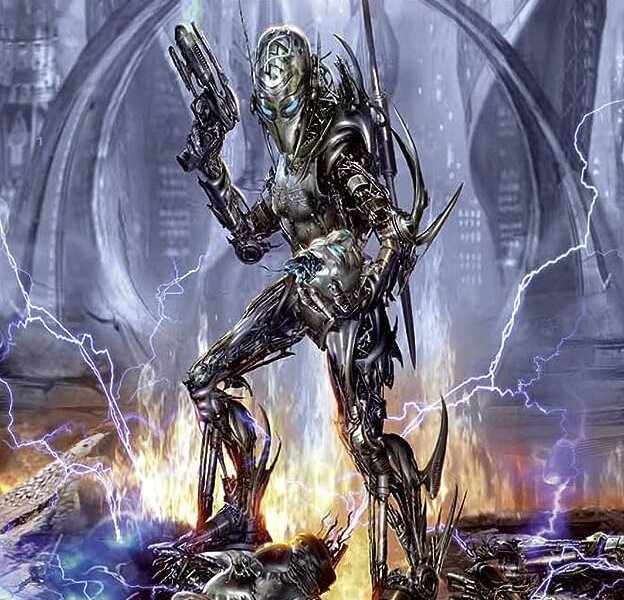Donagh Broderick is a freelance writer. He is a Master's student of Philosophy of Science and Technology at the university of Twente. He has been published in the Heights at Boston College and Student Independent News at University College Galway, Ireland.

